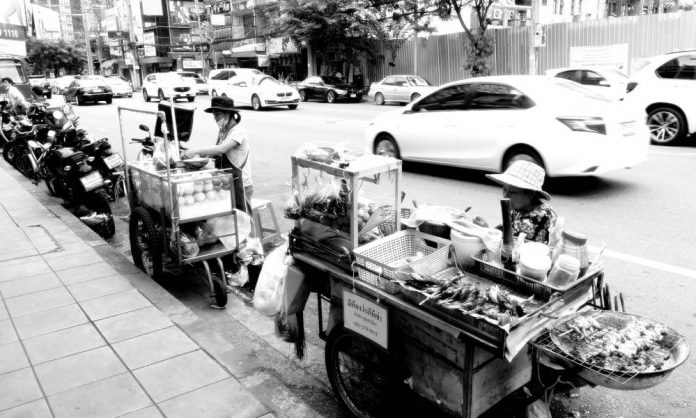Thailand’s economic performance in the third quarter of 2020 showed promising signs of recovery amid the ongoing COVID-19 pandemic.
The contraction in GDP fell to 6.4 per cent year-on-year, down from 12 per cent in the second quarter. Signs of recovery in key industries such as electronics and appliances, the automotive sector and plastics are bright spots.
The speed of economic recovery in Thailand has been slower than neighbouring countries such as Malaysia, Vietnam and China, especially in terms of industrial and service output.
Part of the reason is the inadequacy of Thailand’s policies during lockdown, particularly its tax measures and special loan initiatives to help vulnerable firms maintain cash flow and reduce costs of production.
There was also no clear policy geared directly at retaining employment in industries such as tourism that were hit hard by COVID-19.
Tax measures meant to support firms were mostly limited to tax payment deferral for three months and an acceleration of tax refunds, whereas others such as Malaysia, China, South Korea and Japan offered tax cuts. South Korea allowed tax payment deferral for nine months; Japan offered it for almost a year.
Singapore, Malaysia and Vietnam all offered wage subsidies to small and medium-sized enterprises (SMEs) to help retain employees.
Thailand’s policy was limited to reducing the contribution rate to the Social Security Fund (SSF), extending the duration of contribution form submissions and providing special funds for employment training. Fortunately, workers registered with the SSF, independent…




